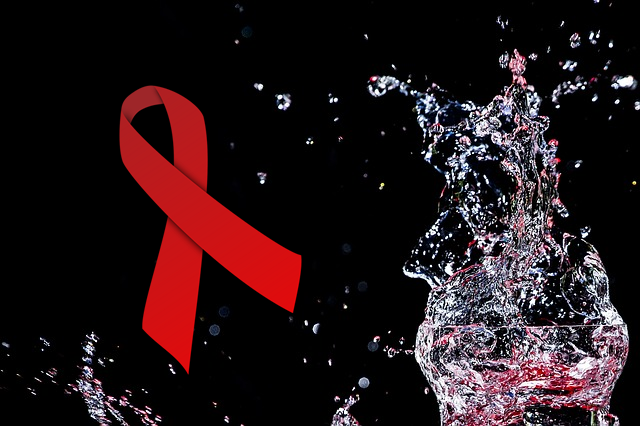Review of Research on Alcohol and HIV in Sub-Saharan Africa

Review of Research on Alcohol and HIV in Sub-Saharan Africa
The links between alcohol consumption, sexual risk behaviour and HIV infection warrant special attention in sub-Saharan African (SSA) countries, where HIV prevalence rates and levels of harmful use of alcohol are high [1;2]. In 2010 sub-Saharan Africa had an estimated 22 900 000 people living with HIV, who comprised approximately 68% of all people living with HIV globally [1]. Moreover, the WHO Africa region has the highest rate of heavy episodic drinking per drinker globally (of 25.1%) which can be contrasted with the lowest rates for the WHO Europe (EUR) and Western Pacific (WPRS) regions of 11.0% and 8.0%, respectively. Previous reviews have been conducted of studies on the roles and impact of alcohol consumption in HIV acquisition and disease progression [3-10]. This policy brief summarises the findings of a report of a review of SSA studies that updated those reviews [11]. The review examined (a) the associations between alcohol use, sexual risk behaviour and HIV infection; (b) the associations between alcohol use and various facets of HIV disease, including the uptake of HIV treatment services, antiretroviral therapy (ART) adherence and HIV outcomes; and (c) the efficacy of interventions to address the negative consequences of the links between alcohol use and HIV. The review included studies published from 2008 to 2011.
View the complete Review of Research on Alcohol and HIV in Sub-Saharan Africa policy brief
